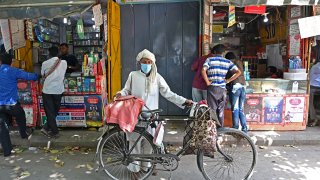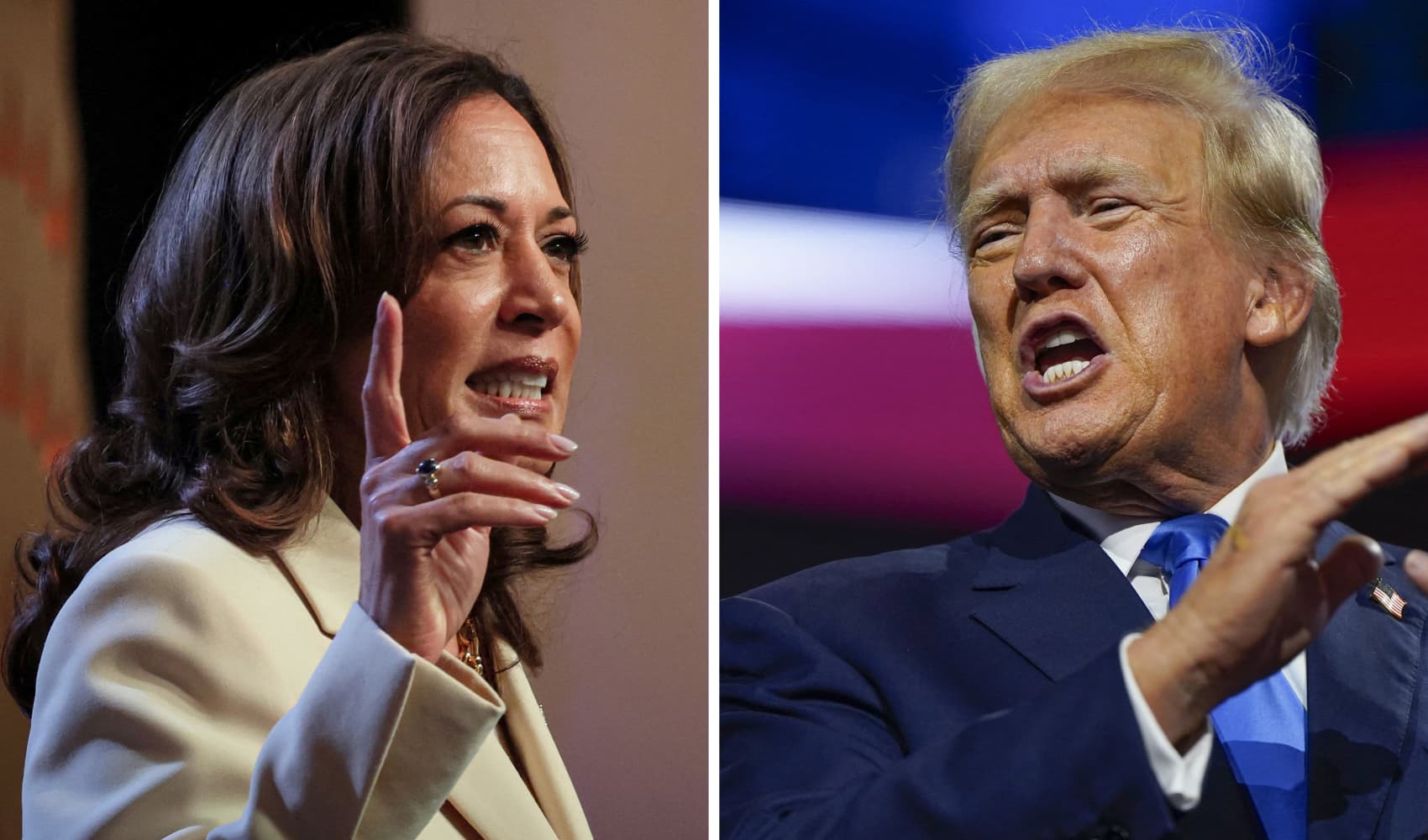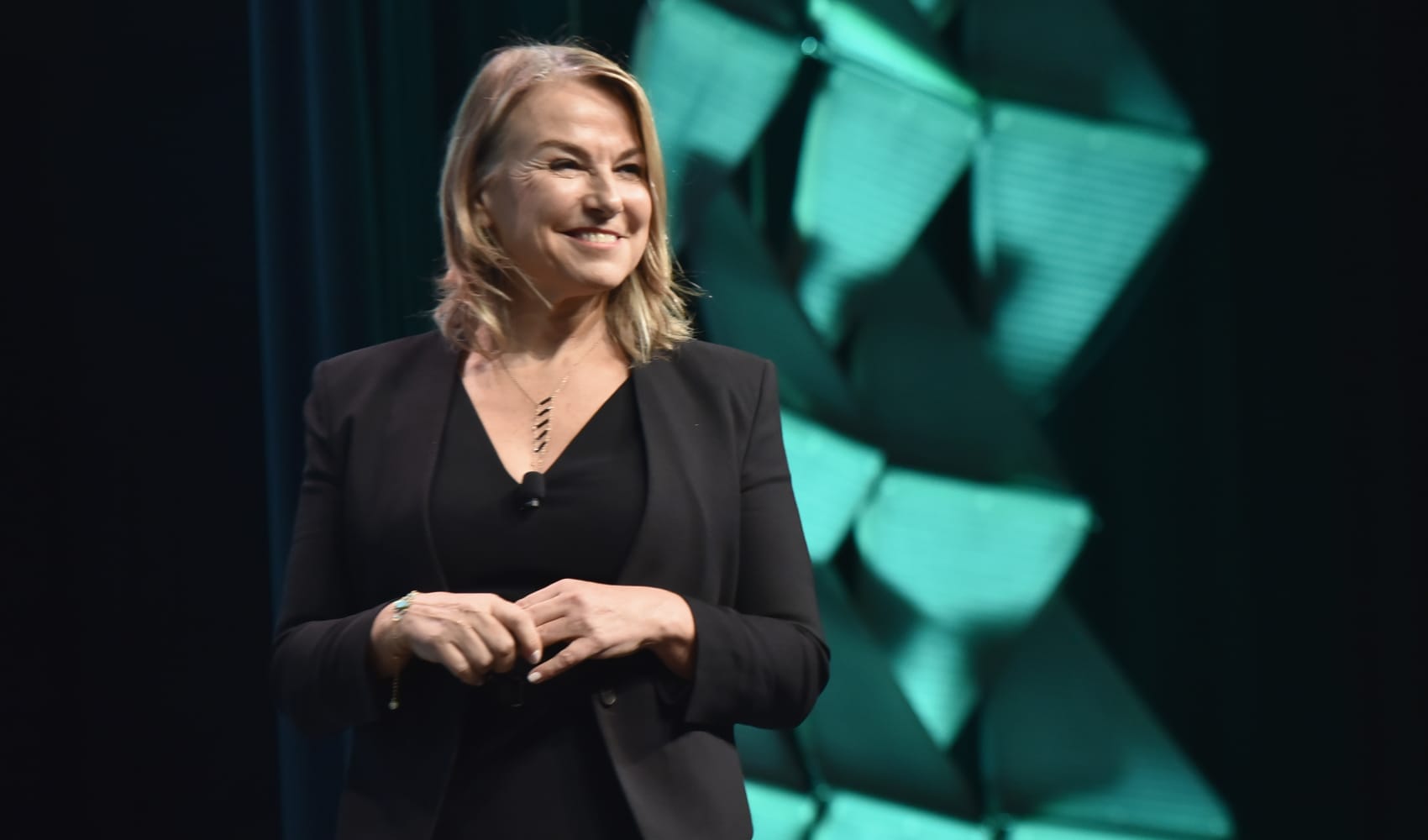
- At least 55% of India's population should be immune to Covid-19 by September, said Suneeta Reddy of Apollo Hospitals.
- Her comments came as India's daily new cases remain above 250,000. Last week, the country's richest state, Maharashtra, went into a new lockdown, while New Delhi on Monday announced a six-day lockdown.
- India's health ministry on Tuesday said 109 million people have received at least one dose of the vaccine, and 17 million have been given the second shot.
At least 55% of India's population should be immune to Covid-19 by September, pushing the country toward population immunity, according to the managing director of a local health-care group.
Suneeta Reddy of Apollo Hospitals said around 122 million doses of vaccines have been administered in India since the rollout began in January.
Get top local stories in Connecticut delivered to you every morning. Sign up for NBC Connecticut's News Headlines newsletter.
"We currently believe that, at this pace, we should achieve some amount of herd immunity by September," she told CNBC's "Street Signs Asia" on Monday. Herd immunity refers to a point when a large proportion of the population is immune to a disease through vaccination or infection, preventing the illness from spreading rampantly within the community.
India has the second highest number of coronavirus cases in the world, with more than 15.3 million cases reported and at least 178,000 Covid-19 deaths, according to data compiled by Johns Hopkins University. Last week, the country's richest state, Maharashtra, went into lockdown again, while New Delhi on Monday announced a six-day lockdown.
Reddy said state governments are working closely with the private sector and that plans are in place for vaccinations. The country's health ministry on Tuesday morning said 109 million people have received at least one dose of the vaccine, and 17 million have been given the second shot.
Money Report
But the World Health Organization has warned that initial reports from South Africa show that those who recover from the coronavirus can get reinfected with new and more contagious variants. Early findings also suggest that Covid vaccines may be less effective in protecting against new strains — even though vaccines can reduce the severity of infection.
Apollo Hospitals is a health-care chain that operates at least 70 hospitals and more than 170 primary care and diagnostic clinics around the world, according to the Chennai-based company's website.
"With the first wave of Covid, there were some cities, the large ones that reached almost 20% (immunity)," Reddy said. "I'm sure that, you know, by September we would have reached at least 55%."
Her comments came as India's daily new cases remain above 250,000.
India last month reportedly delayed major exports of the Oxford-AstraZeneca vaccine — which is made domestically made by the Serum Institute of India — in order to focus on meeting local demand as cases surged.
'Out of control'
Steve Cochrane, chief Asia Pacific economist at Moody's Analytics, said India's economy had a "very, very strong fourth quarter" last year and looked like it would recover more quickly than other countries.
"Then Covid came along again and now it seems to be completely out of control," he told CNBC's "Squawk Box Asia" on Monday.
"I think they're going to have a hard time getting this back under control," he said.
Apollo Hospitals' Reddy noted that cases have been growing "dramatically," but said the group has adequate resources to manage the surge.
Hospitals allocate around 60% of their capacity for Covid-19 patients, and are also using hotel rooms to care for patients, according to Reddy.
"What we're seeing is … quite a mild version of the virus, so it is requiring much less ventilation than we saw earlier," Reddy said.
"Protocols are in place, we have adequate medicines. Some states may have a shortage of oxygen, but across the Apollo system, we are not seeing any shortages," she said.
Local media has reported on a shortage of hospital beds and oxygen. Delhi Chief Minister Arvind Kejriwal on Sunday tweeted that the city is facing "acute shortage" of oxygen, and it has become an emergency.
— CNBC's Saheli Roy Choudhury contributed to this report.






